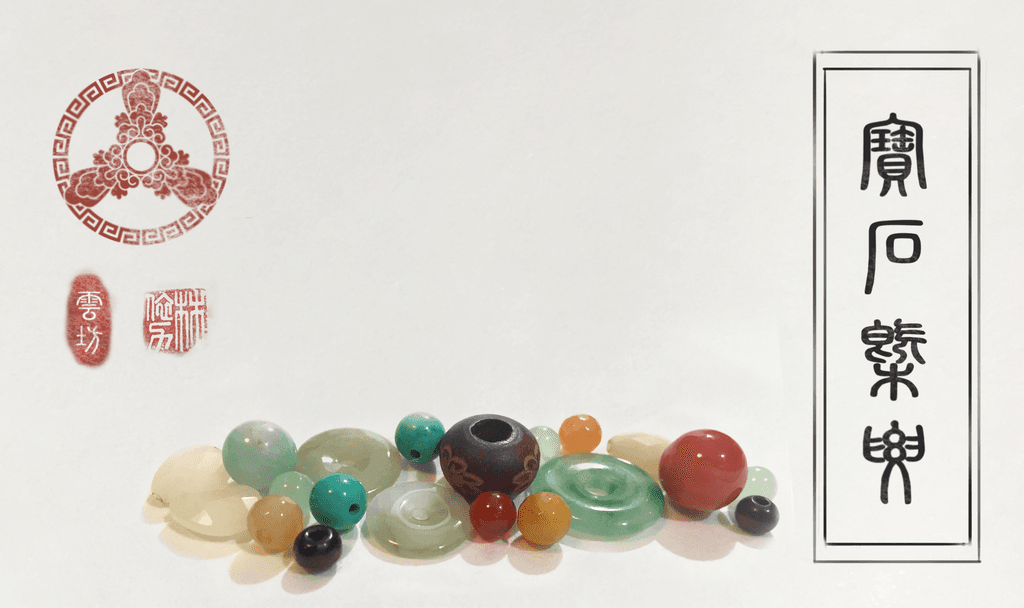NEW YORK—Guqin, one of the oldest musical instruments of China, was banned during the Cultural Revolution by the Chinese Communist Party. But today, musicianship in guqin is experiencing a revival. Many literati, Chinese and otherwise, have picked up an interest in learning how to play the elegant instrument.
The guqin belongs to the zither family and is said to be as old as Chinese civilization itself—5,000 years. Originally it was just called the qin, but later people added “gu,” meaning “ancient,” differentiating it from the many other stringed instruments of the East and West that could be called “qin.”
Records from the first dynasty note that a demi-god created the guqin.
“It was a time when there was too much rain or too much [drought],” said guqin master Yuan Jungping. “When it was played, it created harmony in nature—in a way, we are alive today because of the qin.”
Yuan said guqin was first used as a method for man to communicate with the deities, but later it became an instrument for ritual. Today, it is considered mainly as a musical instrument. Yuan believes that one can be calm, cultivate, and elevate oneself by practicing the quqin. It can harmonize the sky, earth, all matter, and oneself.
Yuan is the founding president of New York Qin Society, and currently head of the Chinese Guqin Association and Taipei Qin Hall in Taipei, Taiwan. He learned to play guqin from famous masters such as Sun Yuqin and Wu Zhaoji, the leading figure of the Wu school of qin.
Haunting Performances
On the evening of Sept. 13, the New York Qin Society and friends gathered at the Three Jewels, a meditative space in the East Village, to share in ancient melodies.
Yuan has been staying in Taiwan and visits China, so it’s increasingly rare to see him outside those two regions. As his fame grew, more guqin lovers wished to see him perform. His appearance at Three Jewels was a rare chance. About 60 people attended, and many were hearing guqin music for the first time.
Watching Yuan play, he flicks, plucks, and slides his fingertips over the silk strings, producing a scrubbing sound. The guqin is played with the whole hand, employing over 1,000 finger techniques to produce a variety of effects. The guqin has no frets, so the player must keep his left hand fluid, to adjust the notes as the right hand plays.
The New York Qin Society is rare in its emphasis on using only silk strings instead of the metallic ones typical after the Cultural Revolution. Silk strings go out of tune in humid weather, are prone to breakage, expensive, and hard to get, but are necessary to bring out the quiet subtleties inherent in the instrument, and to pair properly with the human voice.
Ancient qin scores often accompany poetry. When the poem is spoken, the notes of the instrument act like punctuation. When it is sung, the music becomes an extension of the player’s emotion.
Master-Disciple Bonds
In honor of Yuan’s visit, the current president of New York Qin Society, Stephen Dydo, performed “Remembering an Old Friend.”
Dydo was introduced to guqin in college. He had the unlikely opportunity to study with two professors who played guqin—one wrote opera for the instrument, and the other transcribed qin pieces for modern instruments.
“I was so taken by it and learned how to read the tabulature,” he said. “But there was nobody in New York who played. I knew, because I checked with everybody.”
About 20 years ago, Dydo became friends with some Chinese musicians, one of whom introduced Dydo to Yuan.
Dydo was so desperate to take up guqin, he jumped on the opportunity. He visited Yuan three times with his request to become a student. Yuan demurred twice. The third time, he agreed.
“He wanted to make sure I had the right heart and spirit to do it,” Dydo said. “It’s a very meditative instrument. You have to be willing to explore very ancient modes of thinking and playing. Plus, if you’re going to teach someone at that intimate a level, you want to know you get along.”
Finally, Yuan gave Dydo a piece to learn: “Cranes Landing on a Sandbank,” an exceptionally difficult piece.
“I asked him why he started with that one,” Dydo said. “He told me, if I could do it, then we'd continue. And if I couldn’t, we wouldn’t need to waste any more time.”
Yuan taught “Cranes” the “the old Asian way,” Dydo said. “The teacher plays a note, the student plays a note. The teacher plays a phrase; the student tries to copy the phrase. They keep going until the student gets the right feeling.” Eventually they work their way up to a section, and finally a piece.
Yuan doesn’t teach in that time-consuming way anymore. Today, qin is typically taught through written scores and CDs.
“I'll tell you, I’ve never learned any piece the way I learned that piece. It is really special,” Dydo said.
A video of Yuan Jungping playing.
The New York Qin Society’s website is NewYorkQin.org.
Additional reporting by Henry Chan and Samira Bouaou







